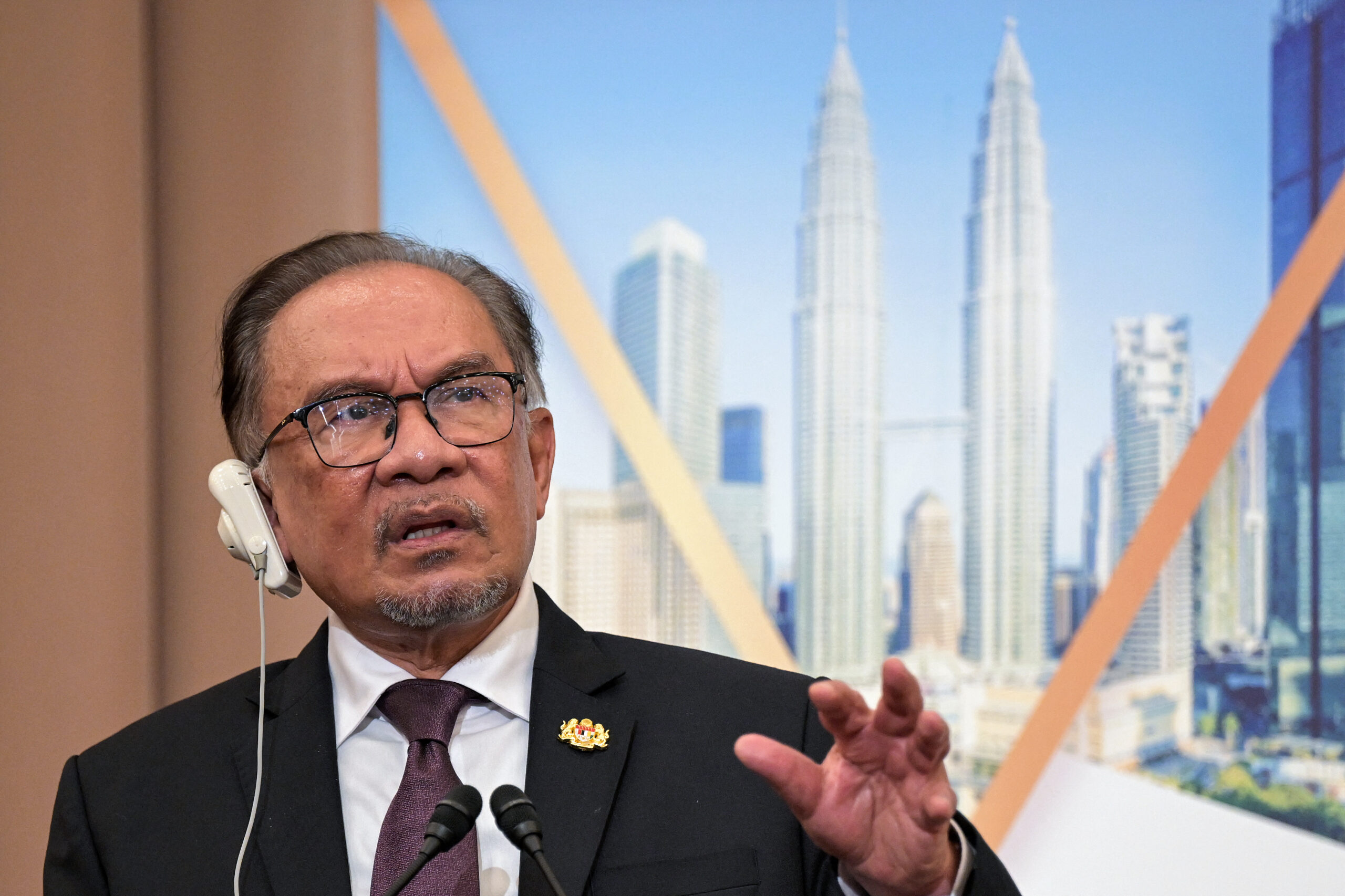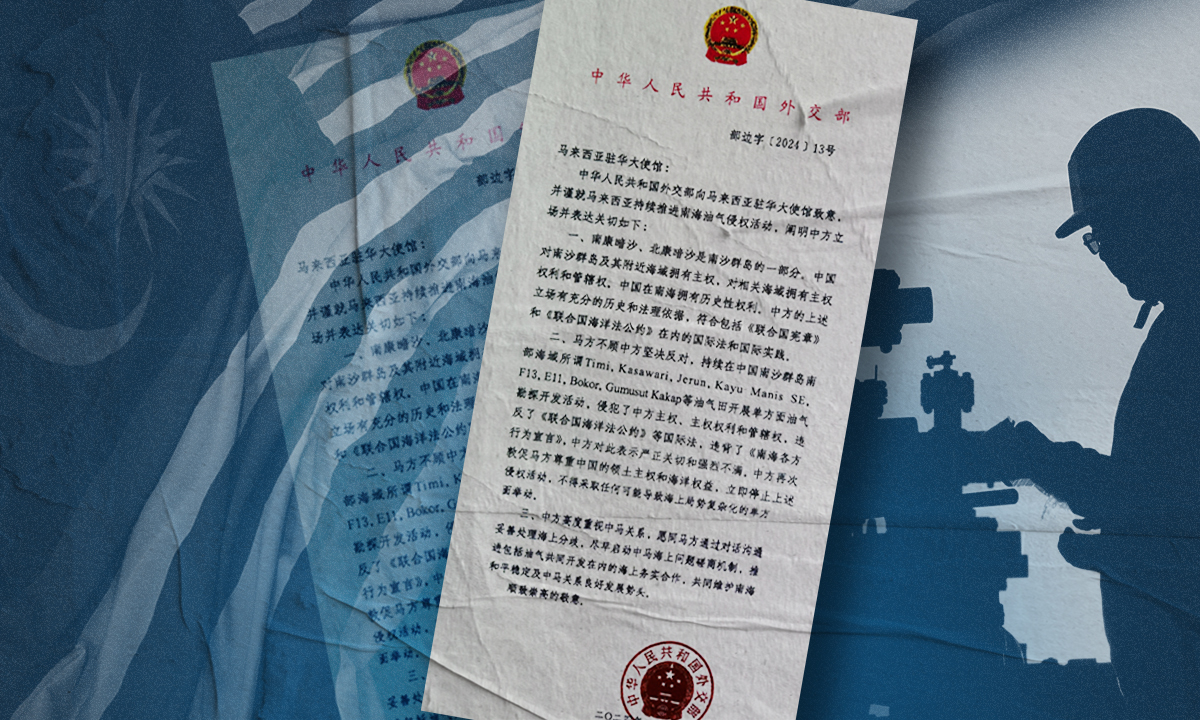Malaysia to continue oil explorations, defying China’s call to halt

Malaysia’s Prime Minister Anwar Ibrahim answers a question from the media during a press conference at the Japan National Press Club in Tokyo on May 24, 2024. (Photo by Richard A. Brooks / AFP)
KUALA LUMPUR — Prime Minister Anwar Ibrahim said Thursday that Malaysia will press on with oil and gas exploration in the South China Sea after a leaked diplomatic document showed opposition from Beijing.
However, he took a conciliatory stand, describing China as a friend and saying both countries would discuss the issue amicably.
Malaysia’s state-run oil firm Petronas operates oil and gas fields in the sea within its exclusive economic zone.
READ: Malaysia gets taste of China West Philippine Sea bullying
China claims almost all of the economically vital waterway despite competing claims from other countries and an international court ruling that its assertion has no legal basis.
“What we did in terms of oil exploration is certainly within our waters,” Anwar told reporters travelling with him on a visit to Russia.
His news conference was carried live on Malaysian TV.
“We will probably respond to China in explaining our position that we have never intended to be in any way provocative, unnecessarily hostile,” Anwar said.
READ: Malaysia to probe leak of Chinese diplomatic note over South China Sea row
“China is a great friend. But we will of course have to operate in our waters and secure economic advantage, including drilling for oil, in our territory.”
INQUIRER.net last week published what is said was a leaked diplomatic note in which China demanded Malaysia stop all oil and gas activities off Sarawak state on Borneo island.
Beijing said in the note that Malaysia was encroaching on Chinese territory.

COMPOSITE IMAGE: Malaysia’s search for oil, gas within its EEZ confronted by China’s sea strategy. Inquirer file and stock photos
Malaysia’s foreign ministry has called for an investigation into the leak but has not denied its content.
“We will have to continue (with the exploration)… because this is a matter of our country’s economic survival,” Anwar said.
Malaysia was open to discussing the matter with China “but it does not mean that we have to stop”.
“If they continue with the dispute, then we will have to listen and they will have to listen. But it should not mar the excellent bilateral relations between these two countries,” Anwar added.
The Philippines and China have had repeated confrontations recently in the sea, considered by analysts as a regional flashpoint because it could drag Manila’s mutual defense treaty ally the United States into a conflict.
For comprehensive coverage, in-depth analysis, visit our special page for West Philippine Sea updates. Stay informed with articles, videos, and expert opinions.


















